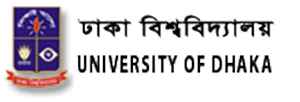Sustainable Development Goals

SDG 2: ZERO HUNGER
SDG 2: ZERO HUNGER
The University of Dhaka has significantly advanced efforts to support the United Nations Sustainable Development Goal (SDG) 2: Zero Hunger, which aims to eradicate hunger, ensure food security, and promote nutrition and sustainable agriculture. The university’s commitment is reflected through various strategic initiatives, community outreach programs, academic courses, and research projects that collectively contribute to these global aims.
Shaping Future Leaders
• Subsidized Food Services: Residential halls, such as Bijoy 71 Hall, offer affordable meal options for low-income students, enabling academic focus without financial stress.
• Educational Programs: The university offers academic programs and workshops, such as the Workshop for Development of the Short Course on Climate Change and Public Health, which educate students on the links between climate change, food sustainability/security, and health.
• On-campus initiatives promote sustainable eating habits by offering vegetarian and vegan food options, instilling environmentally conscious behaviors among students and staff
Innovative Solutions for Tomorrow
- The Center for Bioinformatics Learning Advancement and Systematics Training (cBLAST) conducts groundbreaking research on:
- Eco-friendly bio-fertilizers, reducing reliance on chemical inputs.
- Stress-tolerant rice varieties, enhancing agricultural resilience to climate challenges.
- Academic Events:
- The 2nd International Symposium on One Health, One World, 2023, addressed intersections of healthcare, climate resilience, and food security.
- The Right to Food Conference (APRAC) emphasized regional collaboration and the development of sustainable agri-food systems, facilitating dialogue among experts and farmers.
- Research activities focus on disaster resilience and climate impacts on food security, showcased in events like the National Workshop on Landslide Disaster Risk Reduction.
Sustainable Campus and Practices
- The university ensures affordable access to food through subsidized meal services at residential halls like Bijoy 71 Hall, targeting low-income students and staff.
- Food banks and pantries on campus provide additional resources to address food insecurities, ensuring a supportive environment for the academic community.
- Campus sustainability initiatives promote responsible consumption patterns through diverse meal offerings.
Empowering Communities for Change
- Workshops on Disaster Resilience:
- The National Workshop on Landslide Disaster Risk Reduction focused on vulnerable communities, such as the Kutupalong Rohingya Camp, promoting resilience and sustainable development to enhance food security.
- The National Workshop on Landslide Disaster Risk Reduction focused on vulnerable communities, such as the Kutupalong Rohingya Camp, promoting resilience and sustainable development to enhance food security.
- Stakeholder Collaboration:
- The university organizes events such as the Right to Food Conference (APRAC), fostering regional cooperation and knowledge exchange among stakeholders, including farmers and local food producers.
- The 2nd International Symposium on One Health, One World brings together global experts to discuss food security and sustainable development in the context of healthcare and climate resilience.
- Workshops and outreach programs engage vulnerable communities, such as those in the Kutupalong Rohingya Camp, improving disaster resilience and food security.

